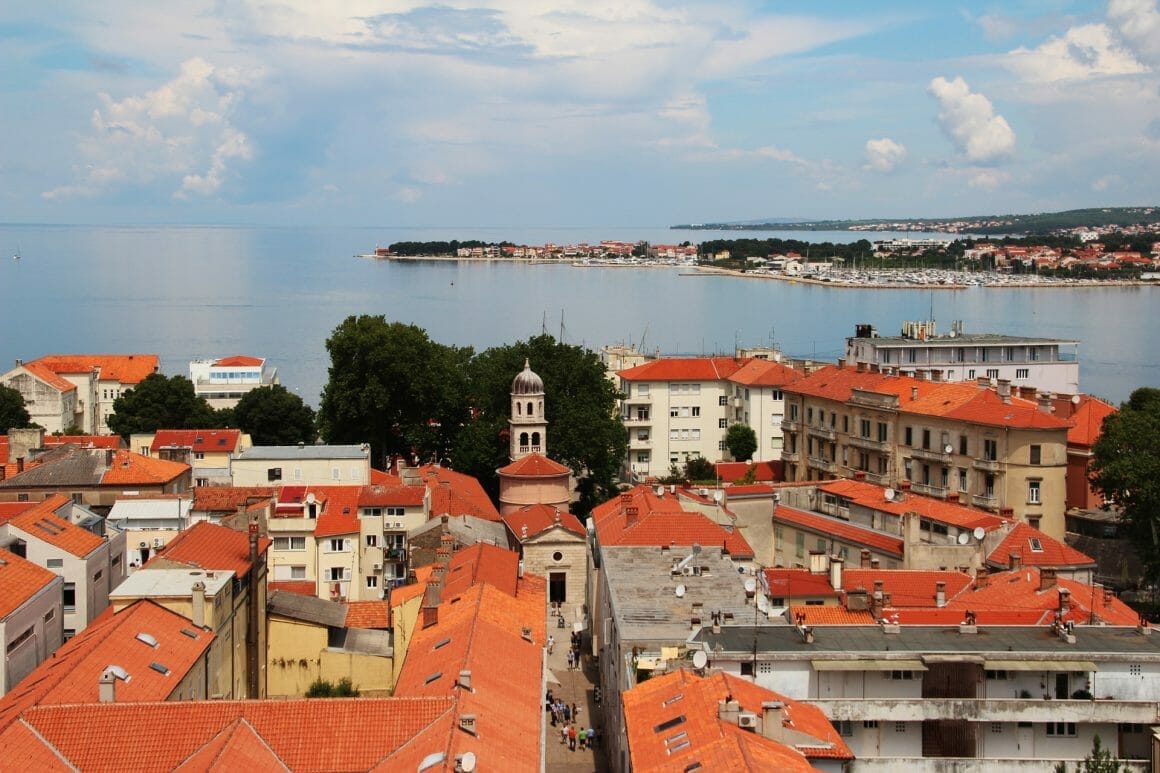Following the global pandemic, the travel industry switched to long-term stay solutions. After this summer, most governments target long-term working tourists to cope with travel restrictions. Now, the European Union is working on government visa schemes for digital nomads. And more publicly funded co-working spaces will pop up to attract digital nomads and remote workers.
Across Europe, there are already many initiatives and government schemes to lure remote workers with families and digital nomads.
A Few EU Countries Lanching Government Visa Schemes For Digital Nomads
First, the Croatian government launched several initiatives to lure digital nomads and remote workers with their families. The capital Zadar expanded its offer for long-stay tourism providing several hubs to combine work and leisure. For example, the Coin co-working space is publicly run, and it’s part of a bigger EU project with Bosnia, Herzegovina, and Montenegro.
After this summer, the local municipality aims to provide more affordable accommodation and co-working spaces to expand the IT community as part of the government visa schemes. For example, Assistant Professor at Zadar University Franjo Peha plans to open a new co-working space run by the university and municipality. The new space will be 2,500 square meters, and it will include a business incubator. So, scholars could benefit from a network of international entrepreneurs.
Second, the French government allocated $150 million to create the Third Space Association for innovation, training, and creativity. In the last three years, hybrid models grew from 1.800 (2018) to 3,000 – 3,500 (2021). For this reason, the government is investing in shared workplaces to attract remote workers and long-stay tourism.
Likewise, Ireland developed a network of rural hubs with high-speed internet access for remote workers.
Several countries are working on government visa schemes and traveling apps to transform their tourism strategies post-pandemic. Promoting long-term stay solutions, IT and digital communities are growing around the world.






